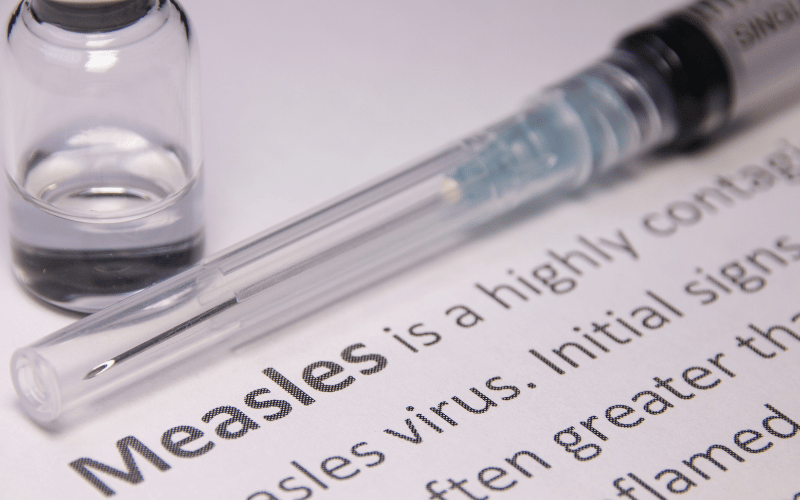Fact 7: The Danger of Myths

The digital age, bursting with information, has brought with it a paradox. While we have knowledge at our fingertips, myths, especially about health, proliferate at an unprecedented rate. Among these, myths surrounding measles and its vaccine have taken a significant toll.
With the rise of social media, misinformation has gained an alarming pace. A single post, a tweet, or a shared article can reach millions in mere minutes. This rapid dissemination, combined with the human propensity to fear, creates a potent mix. The result? The measles vaccine, one of medical science’s triumphs, is now shrouded in doubt and suspicion.
The damage these myths inflict isn’t just theoretical. When parents, influenced by misinformation, choose not to vaccinate their children, they inadvertently expose them to potential harm. We see the results in the resurgence of measles outbreaks in regions that were previously declared measles-free. This re-emergence is a stark reminder of the tangible consequences of unfounded fears.
A significant portion of the vaccine hesitancy stems from a discredited study linking the MMR vaccine to autism. Although numerous subsequent studies have refuted this, the myth persists. It’s a testament to the enduring nature of misinformation, especially when it plays on parental fears.
Given this backdrop, the onus is on health professionals, media, and influencers to prioritize responsible communication. By presenting evidence-backed facts and debunking myths, we can hope to rebuild the trust in measles vaccination. In the end, the battle isn’t just against a virus; it’s also against pervasive myths. Recognizing the weight of this challenge is the first step. Armed with knowledge and a commitment to truth, society can work towards dispelling these myths, ensuring a safer future for all. (7)